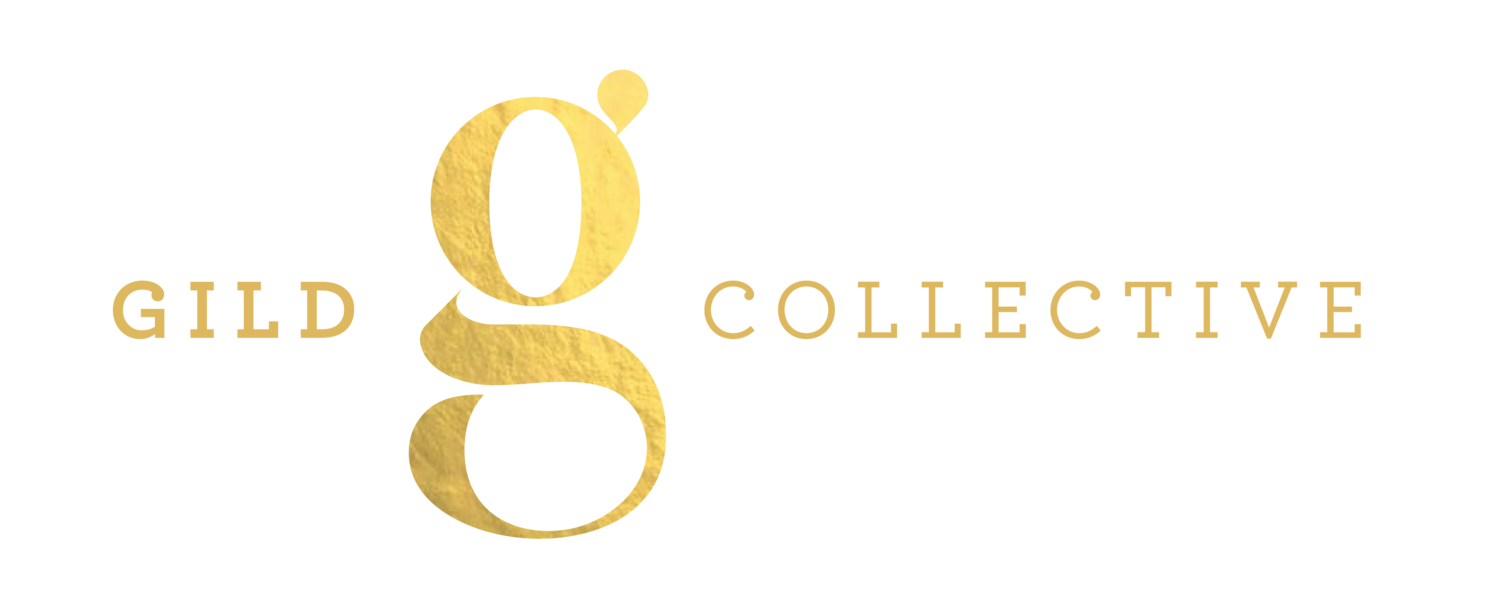Social card from InternationalWomensDay.com—get your own here!
International Women’s Day is upon us! As refresher, March 8 is a global day focused on celebrating the social, economic, cultural and political achievements of women. Each year, it also marks a call to action for accelerating gender equality.
This year’s theme is Choose To Challenge:
A challenged world is an alert world. Individually, we're all responsible for our own thoughts and actions - all day, every day.
We can all choose to challenge and call out gender bias and inequality. We can all choose to seek out and celebrate women's achievements. Collectively, we can all help create an inclusive world.
From challenge comes change, so let's all choose to challenge.
Since the start of the pandemic, we have seen an abundance of data and research done on the impact of the pandemic on women.
Women are leaving the workforce at 4x the rate of men—the first time women are leaving at higher rates than men in years.
There are 2.1 million less women in the workforce than there were at the start of the pandemic.
Women of color are being disproportionately impacted by the pandemic with 154,000 Black women leaving the workforce in December alone.
9.8 million working mothers are suffering from burnout.
With this abundance of data comes a long list of ways we can choose to challenge in 2021. At Gild Collective, we’re focusing on a few areas to drive impact—both in our own lives and within the organizations we work with to shift workplace cultures and break down gender barriers.
Gild Collective’s #ChooseToChallenge Initiatives:
I will challenge organizationS to implement workplace practices that retain women during and after the pandemic.
We have spent a lot of time exploring the various ways organizations can retain women during the pandemic—adjusting expectations and review criteria, resuming inclusion efforts and training managers to lead with empathy and support. We also know that these practices will be critical as we inch our way out of the pandemic and begin a flexible return to the workplace. International Women’s Day is often an opportunity to call on your organizations to not only celebrate women one day a year, but use the day to trigger change in the year ahead.
I will challenge my own home and relationships to remove gendered roles around caregiving and household responsibilities.
The pre-pandemic imbalance of household responsibilities has been magnified and multiplied by COVID-19. For those of us who spend time researching and recognizing this phenomenon, it can still be hard to change the dynamic in our own homes. A recent study from New America found that often the barrier to removing the caregiving imbalance is caregiving experience. So, at the risk of over-simplifying: changing the expectations around caregiving and household responsibilities in my own home and modeling that for others may be a first step to a larger shift. For me, this is a reminder to remove the ‘default’ expectation for each responsibility. I am often reminded of a workshop participant who shared that her husband was listed as the first point of contact for a sick call from their child’s school. While it seemed revolutionary to the room, this is exactly the type of default we can choose to challenge for our families.
I will challenge my assessMENT OF my biases and the biases of the world around me to feature a lens of intersectionality—especially around women and race.
You may have seen the recent headline that 100% of jobs lost in December 2020 were held by women. Upon further investigation, it was revealed that 156,000 jobs were lost by women and 16,000 jobs were gained by men. Startling numbers. But upon even further investigation, the data shows that even within the jobs lost by women, white women made gains while women of color made up the majority of jobs lost. This infographic from journalist Mona Chalabi helps to paint the real picture. As it relates to the pandemic and far beyond, I will continue to push myself to dig for the deeper story. While International Women’s Day challenges us to call out gender bias, it does not remove the compounded impact of other types of biases which must be addressed with an intersectional approach.
I will challenge myself to set boundaries and clearly communicate my needs to others.
When it comes to many of the challenges I’ve outlined, clear communication can be one of the most critical aspects of ensuring my message is heard, expectations are set and boundaries are respected. It may be the key to ensuring your organization’s leaders hear your call for a change in workplace policies, your managers hear your parameters for working hours to avoid burnout, and your partners hear the call to eliminate the default in household responsibilities. It can also help with your self-talk and internal reflection for checking your own biases and addressing inequity when you see it. By assertively communicating and listening, you focus on valuing your own rights and values while respecting those of others—ultimately a clear and decisive win for equity.
We hope that you will join us in our #ChooseToChallenge initiatives or create one of your own. Please share below and visit InternationalWomensDay.com for even more information and resources on how to celebrate. We’ll be hosting our Effective Communication - #ChooseToChallenge workshop on March 8 and we’d love to see you there.

